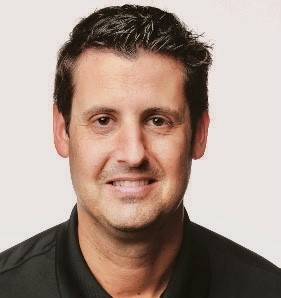TSG Finishing Now Uses Plants in its Defend Protective Coating; Eco-Friendly Move Reduces Fluorinated Chemicals
September 25, 2020

Brian Rosenstein
HICKORY, N.C. -- TSG Finishing now uses plants in its Defend Finishing Program, which helps reduce fluorinated chemicals.
Officials say Defend is one of the first performance brands to make such progress and will reduce the amount of PFAS (fluorinated chemicals), also known as C6, by one-third with the new process.
“This is great progression regarding the reduction of the C6 footprint and seeking out the elusive ‘holy grail’ of textile finishing, which is a true fluorine-free treatment that will protect against both water- and oil-based stains,” CEO Brian Rosenstein says.
Going forward, the Defend immersion method contains up to 30% USDA-approved, plant-based process.
“Our team spent a lot of time vetting out different materials until we were satisfied that we had the right component,” Rosenstein says. “Having a USDA-certified, bio-based product was key in our decision-making process.”
In the near future, TSG plans more plant-based options as well as expanding it into all of its Defend offerings.
TSG Finishing has over 119 years of experience in textile finishing.
Rosenstein explains the industry is moving towards a “truly fluorine-free environment.”
“Even though a lot of the PFAS chemicals being used are safe (like the one we use in Defend), they are ‘guilty by association’ due to the bad apples that are out there,” he says. “In the absence of a truly fluorine-free product that still provides the same high level of protection on fabric (this technology does not exist anywhere on the planet), our goal is to continue to work towards a fluorine-free environment. This introduction of plant-based technology is a big step in the that direction.”
Now, the plant-based process is being applied to all of the Defend-branded immersions, but there are some limitations.
“We have a Defend-branded spray process for velvets and other hard-to-treat textiles that is still 100% PFAS,” Rosenstein says. “I’m hoping to convert that over to plant-based by the end of 2020. Once that is done, then I can claim that all textiles can be treated with the new plant-based technology.”










